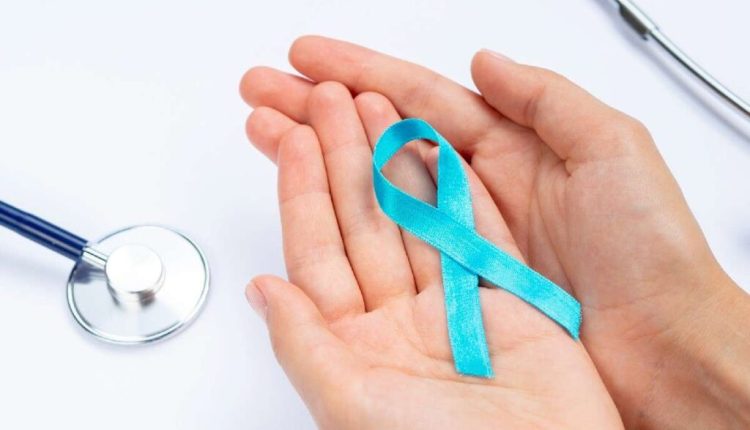10 Early Cancer Warning Signs and When to See a Doctor

The signs of many gynecologic cancers can be vague and very similar to those of other conditions. Only breast cancer and cervical cancer can be detected through screening.....CONTINUE READING THE FULL STORY HERE
So, it’s important to recognize cancer symptoms and talk about them quickly with your gynecologist or primary care doctor. This can increase your odds of finding cancer early, when it’s most treatable.
“Sometimes, the signs are very subtle,” notes Bevers. “But if you know what to watch for, you can tell your doctor about them right away.”
Here are 10 potential cancer symptoms that every woman should be aware of.
1. Abnormal vaginal bleeding
More than 90% of women diagnosed with post-menopausal endometrial cancer experience irregular vaginal bleeding. It’s also one of the most common symptoms of cervical cancer. So, see a doctor if you experience any of the following:
- Before menopause: bleeding between periods or bleeding during or after sex
- After menopause: any bleeding at all, including spotting
2. Changes in your breasts
Most palpable breast cancers are detected by women themselves during routine daily activities, such as bathing, shaving or even scratching. So, practice breast self-awareness and be alert for any lumps in your breast or armpit. Also, be on the lookout for any unusual discharge, changes in your breasts’ appearance or skin texture, and abnormalities of the nipple, such as retraction or scaling.
3. Unexplained weight loss
Talk to your doctor if you suddenly lose more than 10 pounds without changing your diet or exercise habits.
4. Bloody vaginal discharge
Bloody, dark or smelly vaginal discharge is usually a sign of infection. But sometimes, it’s a warning sign of cervical, vaginal or endometrial cancer.
5. Constant fatigue
A busy week can wear anyone out. But in most cases, a little rest should cure your fatigue. See a doctor if your fatigue is becoming severe or constant, especially if it’s interfering with your work or leisure activities.
6. Loss of appetite or feeling full all the time
Appetite changes can be symptoms of both ovarian cancer and those unrelated to the reproductive system. If you notice you’re eating a lot less than usual but still feeling full quickly, talk to a doctor.
7. Persistent indigestion or nausea
Usually, persistent indigestion and nausea are related to conditions like stomach ulcers or acid reflux. But sometimes, these can signal a gynecologic cancer. Play it safe, and see a doctor if you feel queasy more often than usual.
8. Pain in the pelvis or abdominal area
Ongoing abdominal pain or discomfort — including gas, indigestion, pressure, bloating and cramps — is usually due to gastrointestinal issues. They can be caused by normal hormonal fluctuations during your menstrual cycle, too. But sometimes, they are a sign of ovarian or endometrial cancer. So, see a doctor if yours lasts for more than two weeks.
9. Frequent urination or pelvic pressure
Suddenly need to urinate all the time or feeling constant pressure on your bladder? Odds are, you’ve got a urinary tract infection. But if your doctor has already ruled that out, you’re not pregnant, and you haven’t been drinking more fluids, this could be a sign of a gynecologic cancer.
10. Changes in your bowel habits
If you start noticing changes in the size, shape or frequency of your bowel movements, don’t just dismiss them. These could be a sign of a tumor pressing on the colon and distorting your stool. Talk to your doctor if you start experiencing diarrhea or constipation when you never have before, too.
Having one or more of these symptoms doesn’t necessarily mean you have cancer. But it’s important to get them checked out if you notice them.
“Most cancers are asymptomatic at their earliest stages,” notes Bevers. “So, be sure to get any screenings available at the recommended intervals, and mention any symptoms you might be having to your doctor, especially if they last more than two weeks.”
